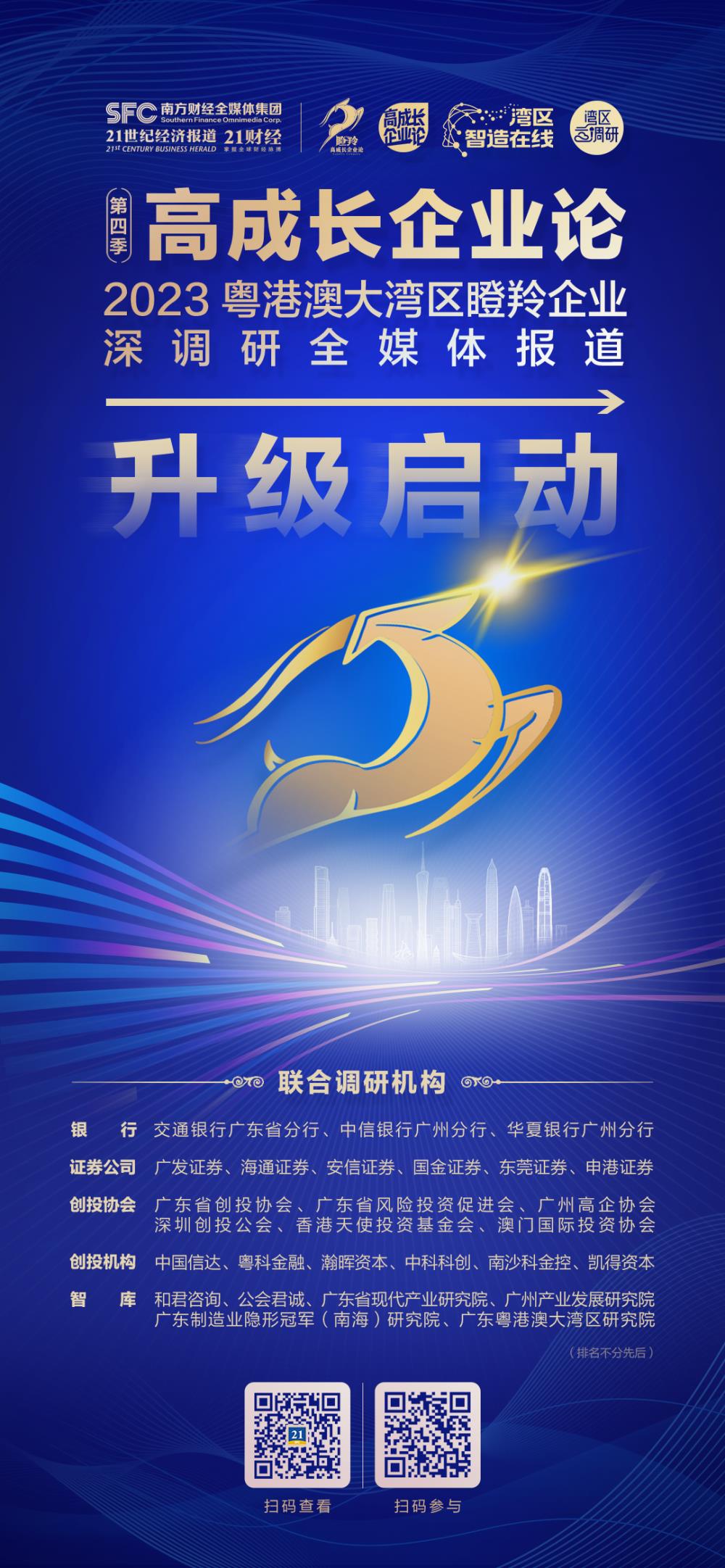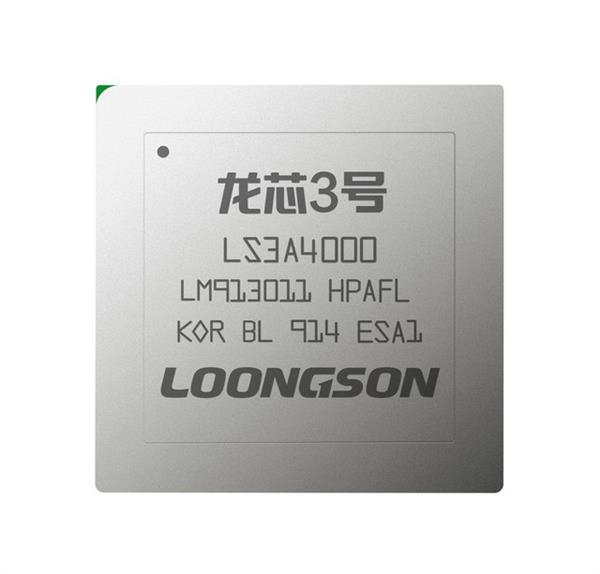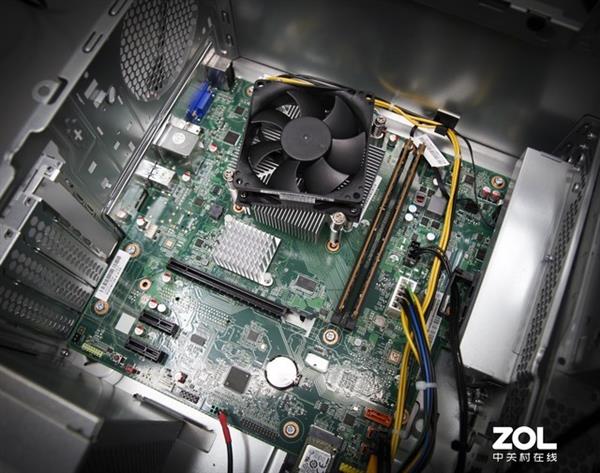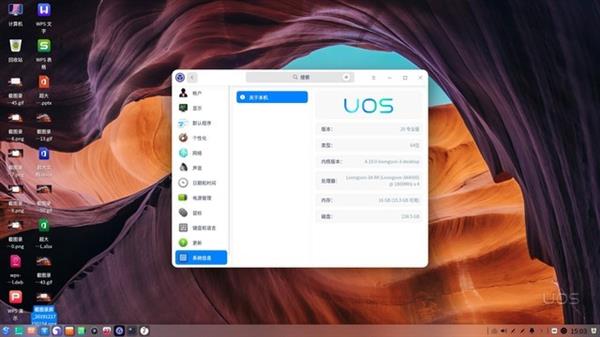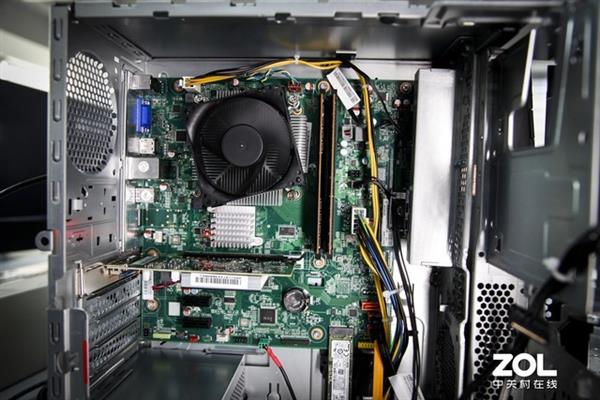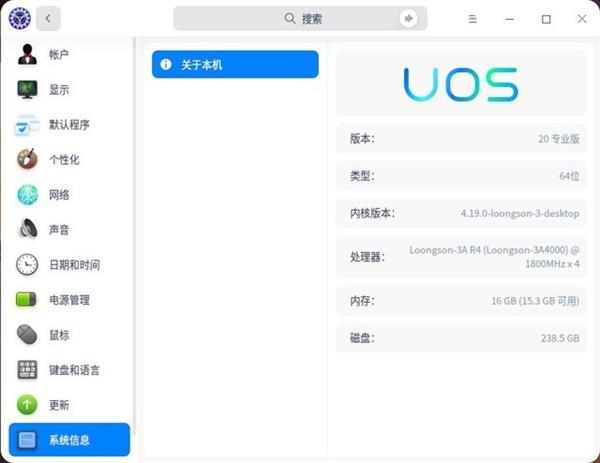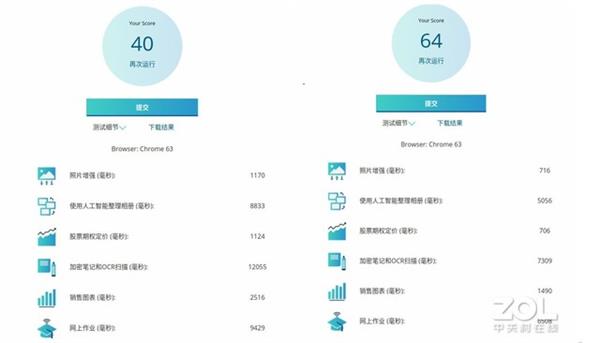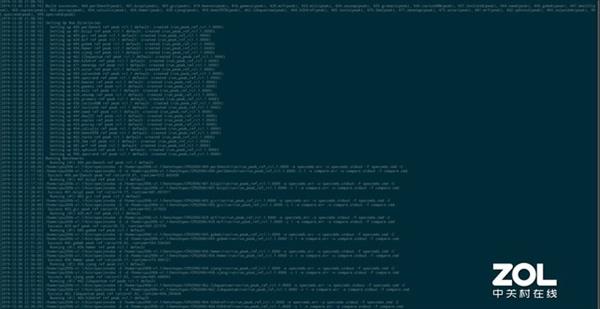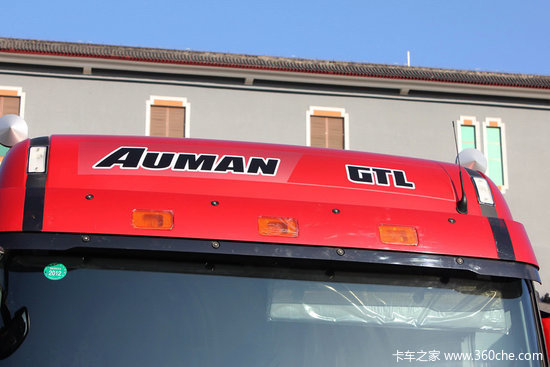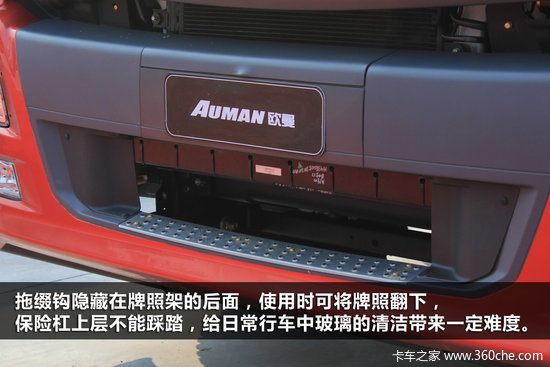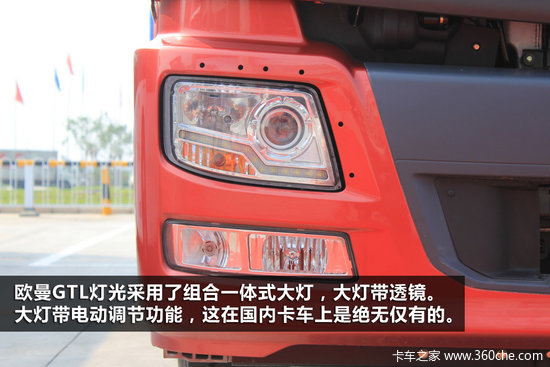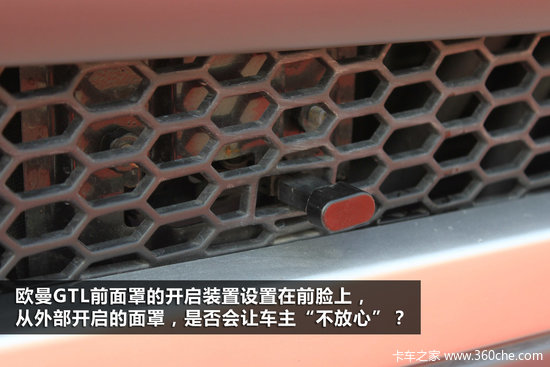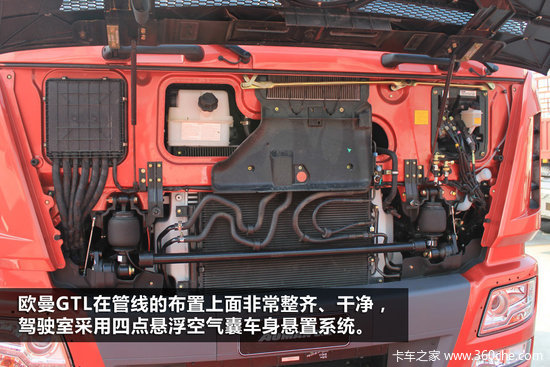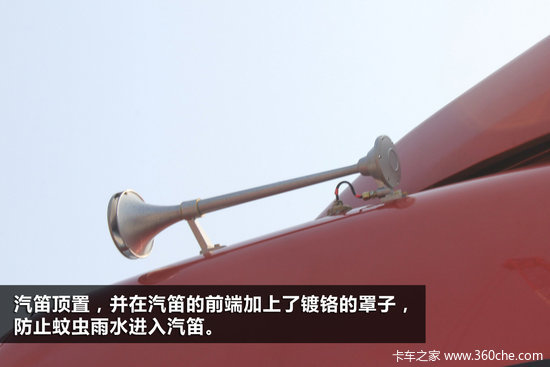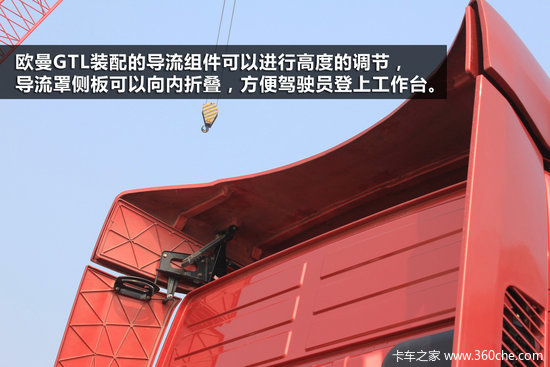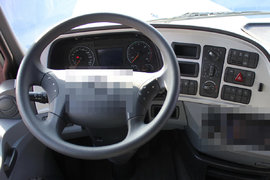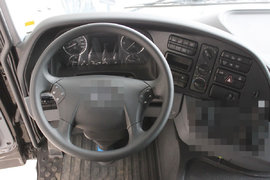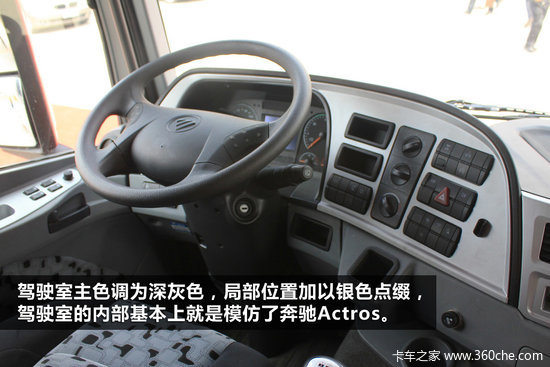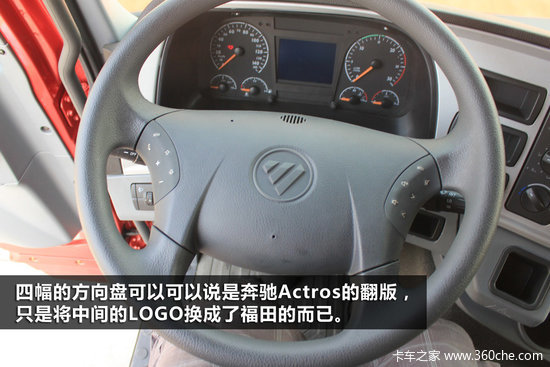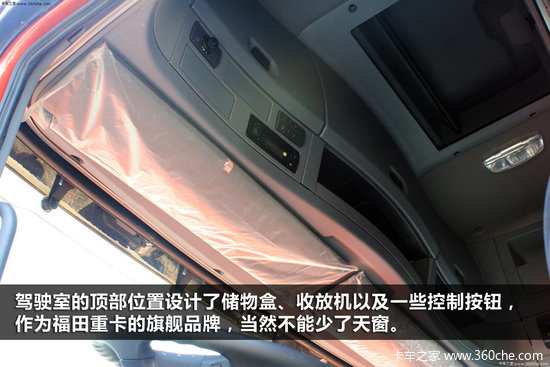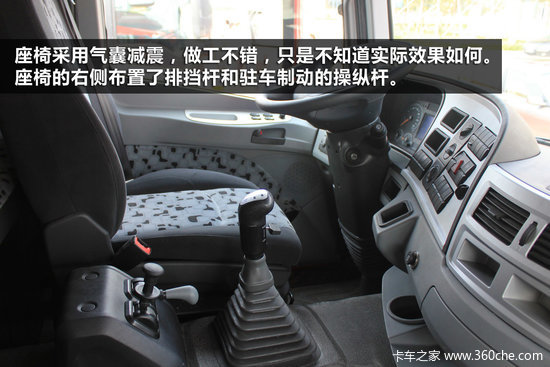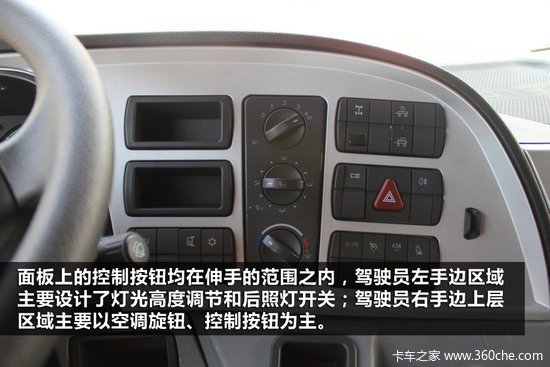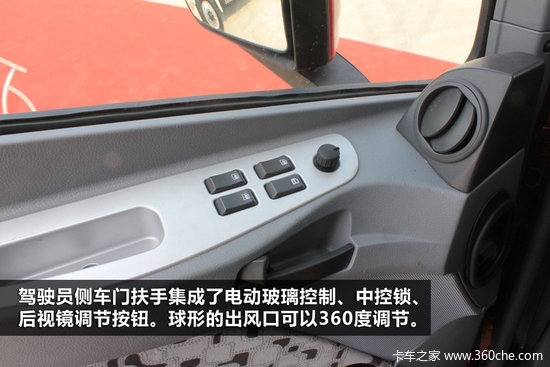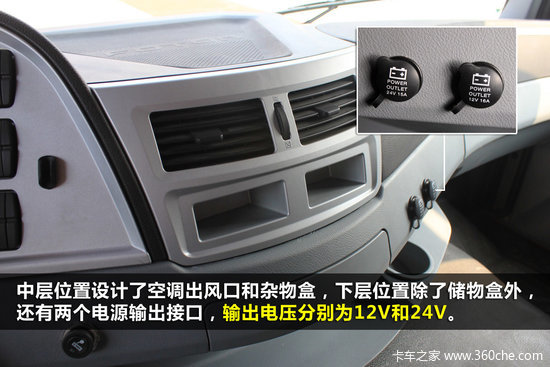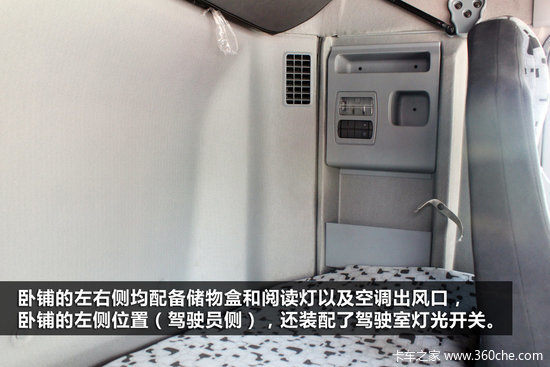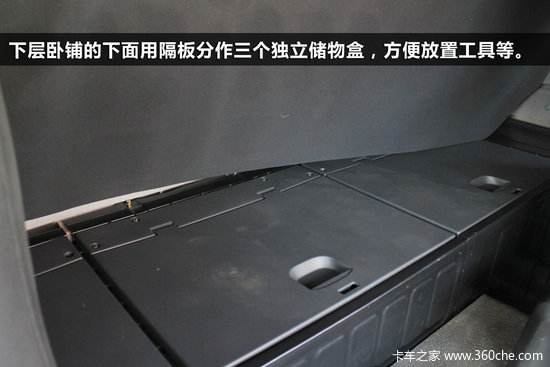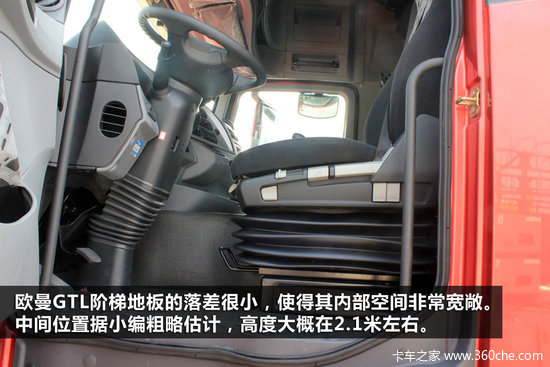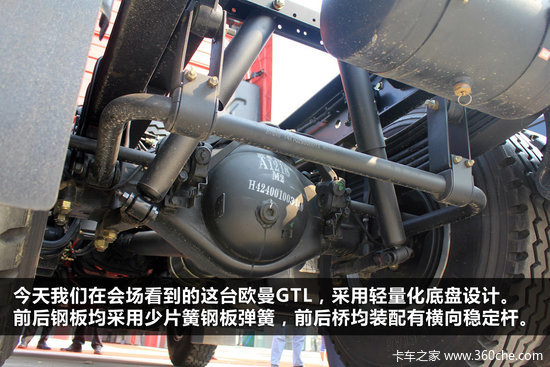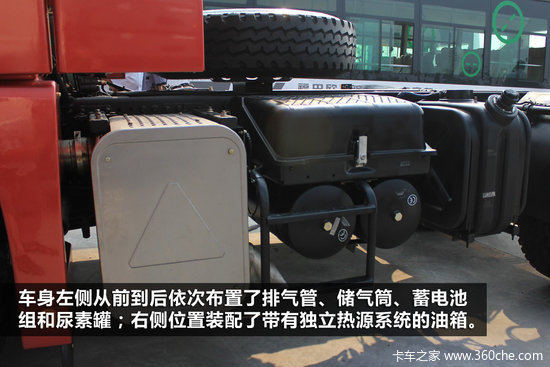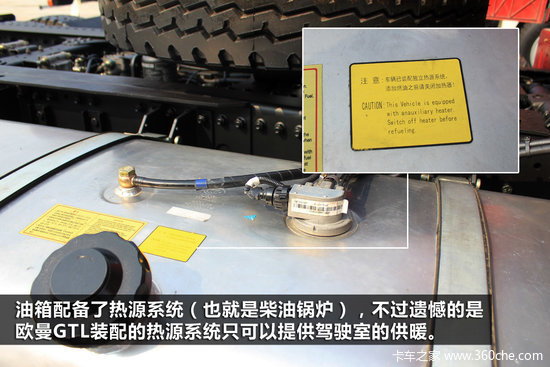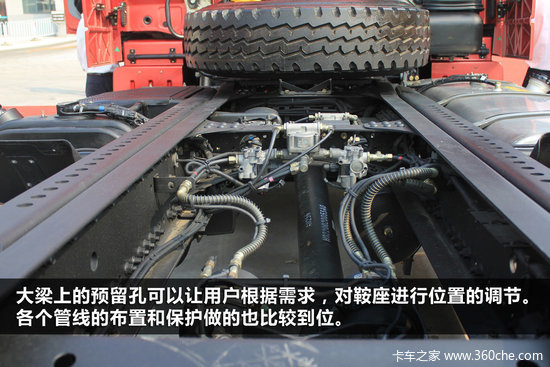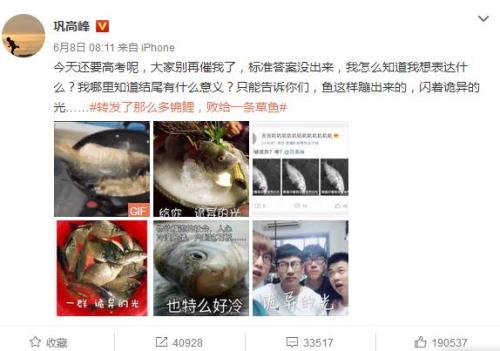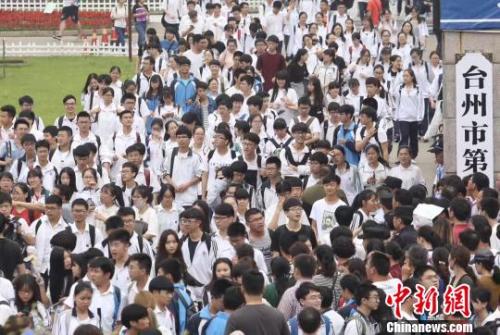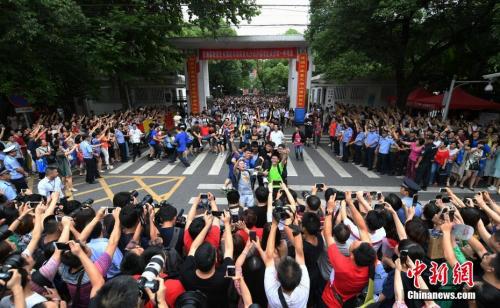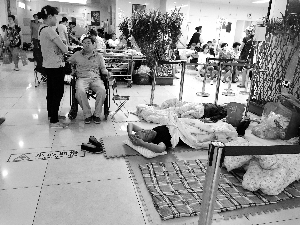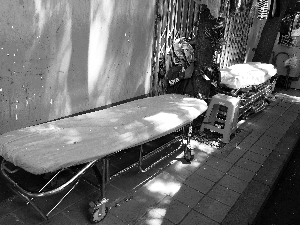In the second quarter of fiscal year 2025, the revenue increased by 5%. Taotian "double 11" won, and Ali’s confidence in the future came back.
Double 11 just closed. On November 15th, Ali (HK09988, share price of HK$ 87.20, market value of HK$ 1.67 trillion) handed over the report card of the second quarter of fiscal year 2025 (the quarter ending September 30th, 2024).
The financial report shows that in this quarter, Ali’s income was 236.503 billion yuan, up 5% year-on-year, and the net profit attributable to ordinary shareholders was 43.874 billion yuan.
In the e-commerce business that has attracted much attention, in this quarter, the growth of GMV on Amoy Antenna was driven by the double-digit year-on-year growth of order volume, which was mainly driven by the increase of purchase frequency and partly offset by the decrease of average order amount.
In addition, Ali also mentioned the achievements of this year’s "double 11". During this year’s "double 11", Taobao Tmall GMV achieved strong growth, and the number of buyers reached a record high.
For this financial report, Wu Yongming, CEO of Ali Group, said that this quarter, Taotian business continued to invest in user experience and enrich product supply to better serve consumers. He said that he has more confidence in the prospect of core business than in the past, and will continue to invest to support long-term growth. The operating efficiency of other businesses continues to improve, and most businesses continue to improve profitability or reduce losses.
It is worth mentioning that in this quarter alone, Ali has made a lot of moves in the e-commerce business. Since September 1st this year, Taotian began to charge the basic software service fee based on GMV for transactions on the platform. In July, Taobao announced the optimization of the "refund only" strategy. In addition, this quarter, Taotian also cancelled and refunded the annual fee of merchants, and improved the operating efficiency of merchants through "all-site promotion". This series of actions may indicate that Taotian has a new strategic direction in e-commerce business.
It is worth mentioning that this quarter’s financial report shows that Alibaba continued to buy back shares, and this quarter invested 4.1 billion US dollars to buy back 414 million common shares, and the outstanding shares further decreased by 2.1% compared with the end of June.
Increase investment in e-commerce business: have high expectations for the growth of Taotian users.
As far as this quarter is concerned, Ali is increasing investment in domestic and overseas e-commerce business and has made many layout actions.
As far as Taotian Group is concerned, the financial report mentioned that this quarter, Taotian increased investment in strategic measures such as goods with competitive prices, customer service, membership system rights and technologies, aiming at improving the user experience. These measures have brought higher purchase frequency and better feedback on the overall shopping experience than the same period last year.
At the analyst conference call that night, Ali executives stated in detail that for Taobao Tmall platform, the current strategy is to increase investment in the whole user experience and business side while improving profitability. "In terms of investment, there will be many ways. First, we will broaden the supply advantages, such as price power, new products and brands with competitive advantages, and we will also provide users with a better user experience."
He also mentioned that he will continue to invest in the technology platform, especially in the computing power investment of e-commerce. There are many AI-related products under development, and these AI-related products will need to use relatively strong AI computing power.
In addition, Ali further mentioned the value of 88VIP in the financial report. According to him, 88VIP members are the consumer groups with the highest purchasing power, and their number continued to increase by double digits year-on-year this quarter, reaching 46 million.
Ali mentioned that high-end consumers are loyal customers who can increase the frequency of purchase and promote the growth of GMV. Therefore, it is committed to continuously increasing the number of 88VIP members by enhancing the investment in membership rights and services.
It is worth mentioning that in September, Taobao announced that it would gradually open WeChat payment to all Taobao Tmall merchants after September 12.
In this regard, in the analyst conference call, Ali executives said that after accessing WeChat payment, they have high expectations for user growth and will make relatively medium-and long-term investment in user growth and retention. "The future is a relatively large investment direction." He said that Taotian is still in the investment period at this stage, and will continue to pay attention to investment efficiency at this stage, and at the same time make better and greater investments by improving CMR.
It is worth mentioning that, in this quarter, Taotiantian is trying to better balance the relationship with merchants, regardless of the direction of collecting basic software service fees based on GMV, loosening the "refund only" and investing, and has made a lot of efforts to improve the experience of merchants on the platform. In this year’s "double 11", Taotian is no longer blindly "rolling in low prices", and its attention to middle and high-end consumers such as 88VIP is also rising, which shows that it is competing with Pinduoduo’s low-price route in a dislocation way.
In this conference call, Ali executives mentioned: "I think this year is a turning point. For brand owners, they will really choose a platform that can bring them more sales, rather than simply putting in a growth. Under this circumstance, Taobao Tmall’s advantage in obtaining brand budgets will expand in the future. "
According to the financial report, the customer management revenue of China retail business of Taotian Group increased by 2% year-on-year, mainly due to the growth of online GMV.
In the overseas e-commerce business, Ali’s investment is still not small. In this quarter, the revenue of Ali International Digital Business Group increased by 29% year-on-year, and the economic benefit of AliExpress Choice business unit improved month-on-month.
However, in this quarter, the adjusted EBITA (profit before interest, tax and amortization) of the international digital business group was a loss of RMB 2.905 billion, compared with a loss of RMB 384 million in the same period of 2023, which was mainly due to the increase in investment in AliExpress and Trendyol’s cross-border business, partly offset by the significant reduction in operating losses caused by the improvement of Lazada’s liquidity rate and operational efficiency.
Affected by cross-border business, rookie revenue increased by 8% year-on-year to 24.647 billion yuan this quarter, mainly due to the growth of cross-border logistics service revenue.
While increasing investment in e-commerce business, the financial report shows that in this quarter, the losses of local life group and big entertainment group both narrowed year-on-year, and the business operation efficiency was optimized in a planned and rhythmic manner. At the same time, hungry, high-tech orders increased, and business scale increased.
Will e-commerce turn from "low price war" to "AI war"?
In this quarter’s financial report, the presence of AI is still not low.
Ali’s financial report mentioned that focusing on the integrated development of "Cloud +AI", Alibaba Cloud’s commercial income growth accelerated, and its quarterly income increased by 7% year-on-year. It is worth noting that it continues to be driven by the double-digit growth of public clouds, and the revenue of AI-related products has achieved three-digit year-on-year growth for five consecutive quarters; Adjusted EBITA increased by 89% year-on-year.
On the conference call, Ali executives even said: "We believe that the prelude of the AI ? ? era has only started at a high level, and it is still in the early stage of API reform. The imagination of AI for the future will not be limited to mobile phone screens, but will reshape the digital world, which will eventually affect or even change all walks of life in the physical world."
According to the reporter’s understanding, Ali’s "AI-driven" strategy has been launched for one year, and many businesses under Ali have launched AI. In the e-commerce business alone, many products have been launched.
When Ali released this financial report, he mentioned that Taobao launched AI products as "business stewards" for all businesses. This year, "double 11" has served 4 million businesses and helped small and medium-sized businesses generate more than 100 million products and marketing materials. Ali also mentioned that the penetration rate of the AI-driven marketing tool "all-site promotion" has steadily increased, helping businesses to improve marketing efficiency and further improve the level of commercialization in a rhythm.
In addition, on October 28th, Ali International Station comprehensively upgraded AI foreign trade products. According to the data provided by Ali International Station, at present, more than 60,000 small and medium-sized enterprises around the world are using the AI products of Ali International Station, and the scale of products released by AI has reached 7 million. Recently, Ali International also launched Accio, the world’s first AI Search engine in B2B field, which is open to global businesses and officially entered the AI Search circuit.
According to reports, users can use "vernacular" to ask about AI and put forward demands. Accio will take the initiative to sort out and understand what users really want through many rounds of dialogues, and disassemble demands, investigate the market and give suggestions through professional B2B industry knowledge, so as to screen suppliers and recommend goods more accurately, and provide one-stop intelligent procurement services like a truly professional agent.
In fact, many platforms have launched AI search products recently. Will the emergence of AI products bring new changes to the e-commerce world?
Pan Helin, a member of the Information and Communication Economy Expert Committee of the Ministry of Industry and Information Technology, told the national business daily that AI search has two functions, one is to help users find answers to some difficult questions or search links. Another function is to guide the links that Ali and Tik Tok want users to see in the optional search results. Therefore, this can bring traffic to e-commerce and content platforms, which is a new idea for e-commerce development at present.
In the eyes of the industry, the changes that AI can bring to the e-commerce world are indeed not only as simple as reducing costs and increasing efficiency. Zhuang Shuai, the founder of Bailian Consulting, told national business daily that AI is reshaping e-commerce. In his view, AI can not only (enhance) the attractiveness of merchants, but also bring about changes in profit model (service income can be greatly improved), and improve the efficiency of new product research and development, improve differentiated supply and reduce price competition.
It is worth mentioning that while successively launching AI products and rushing to invest in AI startups, there has even been a war of grabbing people between Internet platforms.
On November 13th, according to the science and technology innovation board Journal, it was reported that Zhou Chang, a former employee of ali tong Yida Model, had violated the non-competition agreement, and Ali had sued and submitted an application for labor dispute arbitration. After Zhou Chang left his post in July this year, some media reported that Zhou Chang had joined Byte in August to work on AI big model. In the long run, after the low-price war, the AI ? ? war between major Internet will also affect the ranking of major e-commerce platforms in the e-commerce world.
For Ali, the whole fiscal year of 2025 is over half, and the highlight "double 11" has also ended. Under the leadership of the management, Taotian has made a shift in business strategy and further interconnection, but on the whole, Ali is still increasing investment in e-commerce business, and it is still inconclusive how many positive effects these new measures can bring to Taotian, which was originally trapped in stock competition. However, judging from the external expression of the management, after a short period of reflection, Ali’s confidence in the future has returned.

